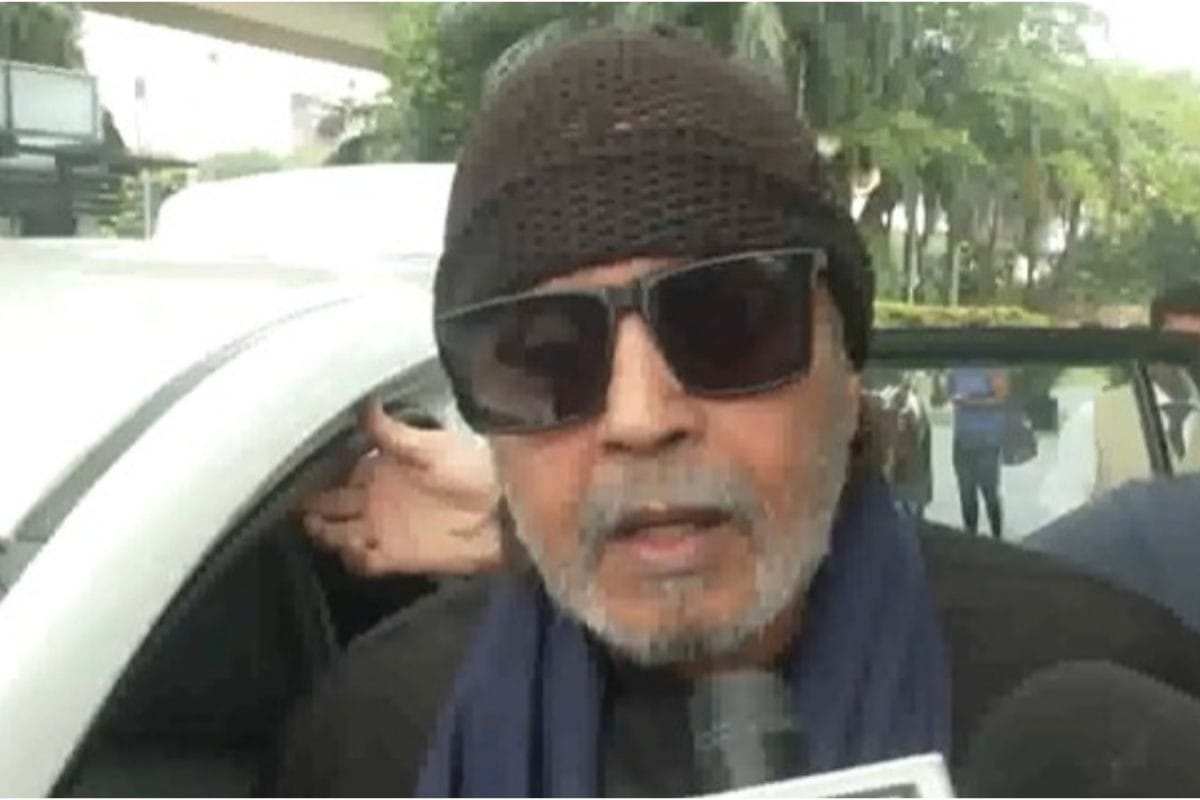

The political climate between India and Pakistan has recently seen a spike in tensions, marked by heated rhetoric from both sides. This escalation follows Pakistan Army Chief General Asim Munir's controversial statements regarding nuclear weapons and the disputed region of Kashmir. Adding fuel to the fire, former Pakistan Foreign Minister Bilawal Bhutto Zardari issued war threats against India concerning the Indus Waters Treaty.
Bhutto accused India of "barbarism" and asserted that "every Pakistani is ready to fight". He went on to warn that if India continues to suspend the Indus Water Treaty, Pakistan would have "no choice" but to consider war. Bhutto also claimed that Prime Minister Narendra Modi's government had caused "great damage" to Pakistan and urged Pakistanis to unite against him. He stated that India’s water projects on the Indus were an “attack on our history, culture and civilization” and alleged that New Delhi was plotting to choke Pakistan's lifeline.
In response to these threats, actor and BJP leader Mithun Chakraborty made some provocative statements. Reacting to Bilawal Bhutto's remarks on the Indus Water Treaty, Chakraborty warned of launching BrahMos missiles. He further added, "Agar aisi baatein karte rahenge aur hamari khopdi sanak gayi toh phir ek ke baad ek BrahMos chalega… We have also thought of building a dam where 140 crore people will pee. After that, we will open the dam, and a tsunami will occur". Chakraborty clarified that his remarks were directed at Bhutto and not the people of Pakistan. Chakraborty's comment about "140 crore people" likely refers to the population of India, using it as a symbol of India's collective strength and potential response.
These exchanges highlight the deeply entrenched animosity and mistrust between the two nations. Bhutto's statements regarding the Indus Waters Treaty are particularly concerning, given the treaty's importance to Pakistan's water supply. The Indus Waters Treaty, signed in 1960, allocates the waters of the Indus River and its tributaries between India and Pakistan. The treaty has been upheld even during times of war and conflict, underscoring its significance as a mechanism for cooperation and stability.
Mithun Chakraborty's reaction, while intended to be a strong riposte, has been criticized for its aggressive tone. Such statements can further inflame tensions and undermine efforts to promote dialogue and understanding. It's not the first time Chakraborty has found himself in hot water over his remarks. In the past, his speeches have been called "provocative" and have led to police complaints.
The current situation underscores the need for de-escalation and constructive dialogue between India and Pakistan. The international community has often urged both nations to resolve their disputes through peaceful means, respecting international law and agreements. The well-being of the people in both countries is dependent on peace and cooperation.